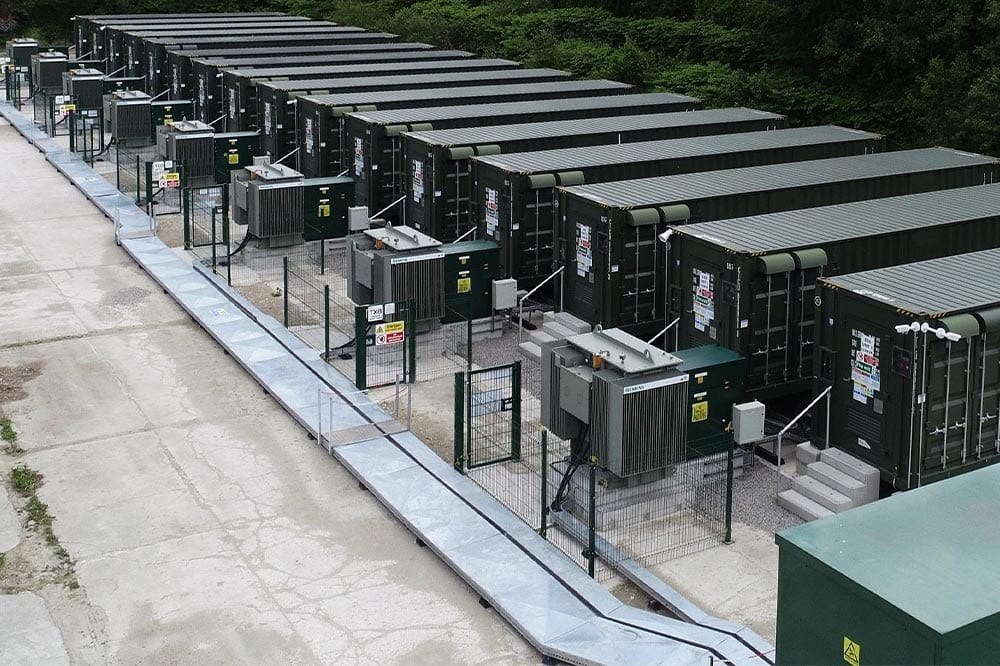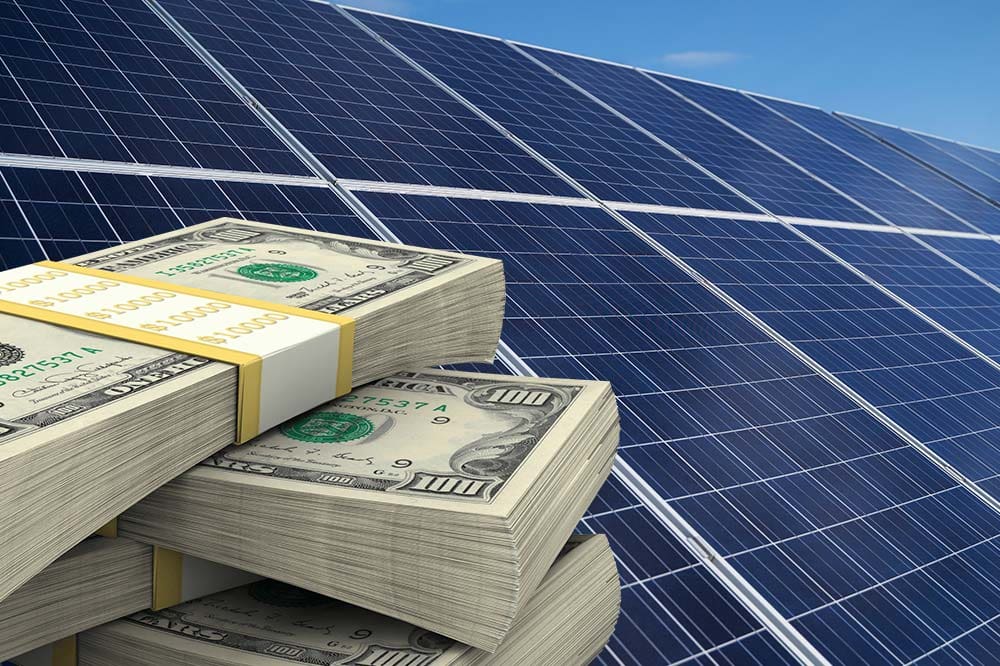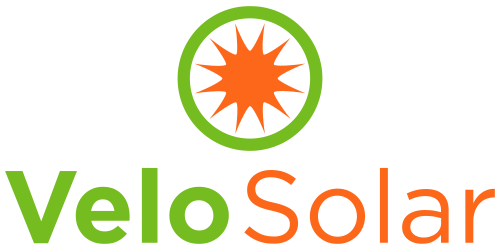Solar Finance Options in Georgia
There are several effective finance vehicles available in the state of Georgia to consider when looking to deploy rooftop solar in your business. It is a good idea to consider all your options before moving forward on a deal and this article is designed to help the average consumer vet the best option for his or her business.
Cash Purchase
Like most capital expenditures in a business, the most cost effective method of purchase is with cash from the business. This is almost always the cheapest form of capital and requires no debt obligations. There are some cases however where the opportunity cost of using cash in the business for a large capital expenditure such as solar can exceed the short-term benefit of the investment itself, thus leading to a constrained cashflow which can be detrimental to the vitality of the business. If this is the case, other forms of financing should be strongly considered.
Traditional Debt Financing
It was only a few years ago that traditional financing was rarely an option for small to midsized commercial solar projects. This was due to the fact that commercial solar and renewables, in general, were in somewhat of an unknown asset class creating a high perceived risk for lenders and investors. Thus, debt for these projects usually carried higher rates and early maturities leading to limited access to capital for commercial solar customers.
In recent years, lenders have started to see the benefits and relatively low-risk profile of commercial solar projects. Now that commercial solar has started to reach maturity as an industry, lenders are able to calculate real risks and returns more accurately and as a result, build terms and rates which are proportional to each project’s profile. This has resulted in lower interest rates (6-8%) and longer terms (10-15 yrs.) making traditional financing a viable option.
What does this mean for your business?
If your business carries a relatively mid to high credit rating, traditional financing should be an option to consider. The ideal scenario is to structure a deal where your monthly savings exceeds your loan payments, thus creating an ESCO-like (Energy Service Company) model which will yield positive and predictable cash flows from day one.
If you are planning on going through a re-fi on a property or already plan to finance a large CAPEX such as a rooftop, new property, or another infrastructure project, it would be wise to bundle your solar rooftop project into that loan package. This typically leads to a lower cost of capital due to consolidated underwriting costs, loan origination fees, and lower perceived risk to lenders due to a diversified asset portfolio.
Third Party Ownership (PPA)
The third financial vehicle to consider is somewhat unique to the solar industry. A Power Purchasing Agreement, or PPA, is a third-party finance model in which a third party constructs, owns and operates a rooftop solar array and sells the power generated to the lessee (off-taker). This structure is relatively new in the Georgia market and was recently introduced by House Bill 57 in July of 2015. PPA structures have been made popular by firms such as Solar City, Sunrun, and SunEdison who have deployed most of their rooftop PPA projects in states where retail electricity costs are highest. This is because the PPA rate agreed to by the third party and off-taker must be competitive with the retail electricity rate from the grid for the arrangement to make economic sense.
What does this mean for your business?
The obvious benefit of a PPA is the avoidance of a large capital outlay for a solar array purchase by the off-taker. This arrangement allows your business to use solar energy at a lower rate than your utility’s retail rate during the daytime thus providing your business with some energy savings over a set period. This also produces a long-term hedge against utility price increases for your daytime use.
The drawbacks of a PPA are also obvious. The savings profile is not as attractive as actually owning the system outright and you are locked into a long term (usually 20-25 years) contract with a third party to purchase power. PPA contracts are usually assignable, but this can be perceived as a burden for most business owners who might look to sell the property or move their business.
Conclusion
These are only three basic financial options to look at when considering solar for your business and should be carefully vetted to determine which will yield the most benefit for your specific project and business model.
It is always a good idea to seek council from seasoned industry professionals when considering your options. Firms such as Velo Solar are great resources when it comes to navigating the renewable energy landscape. Call us at (404) 975-1948 for a free solar consultation or visit our website at www.velosolar.com.





